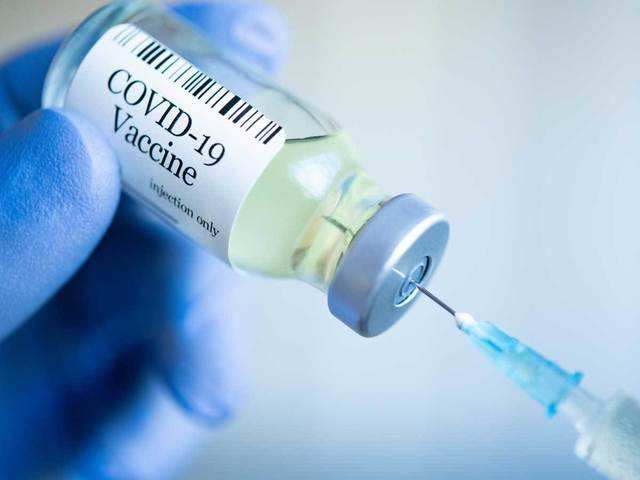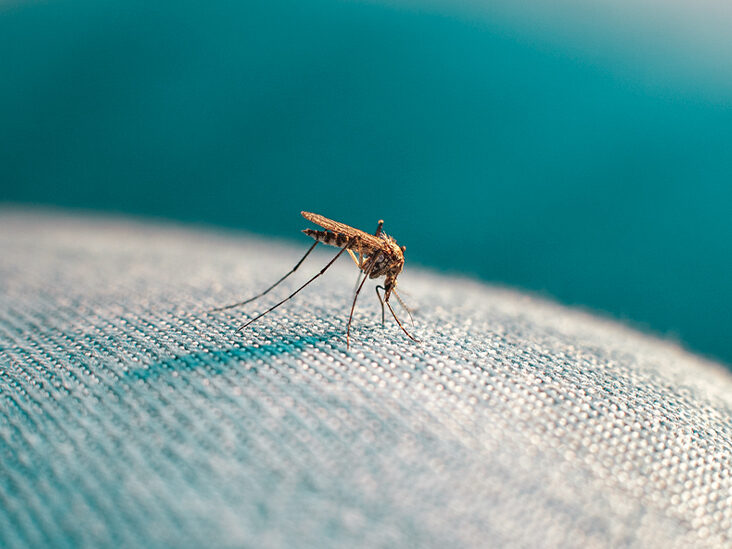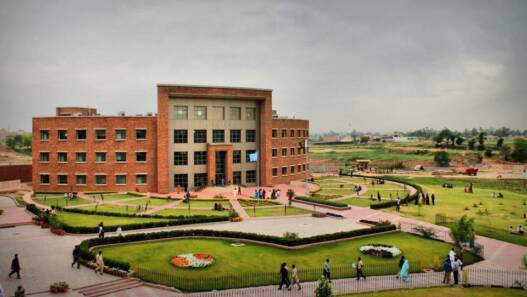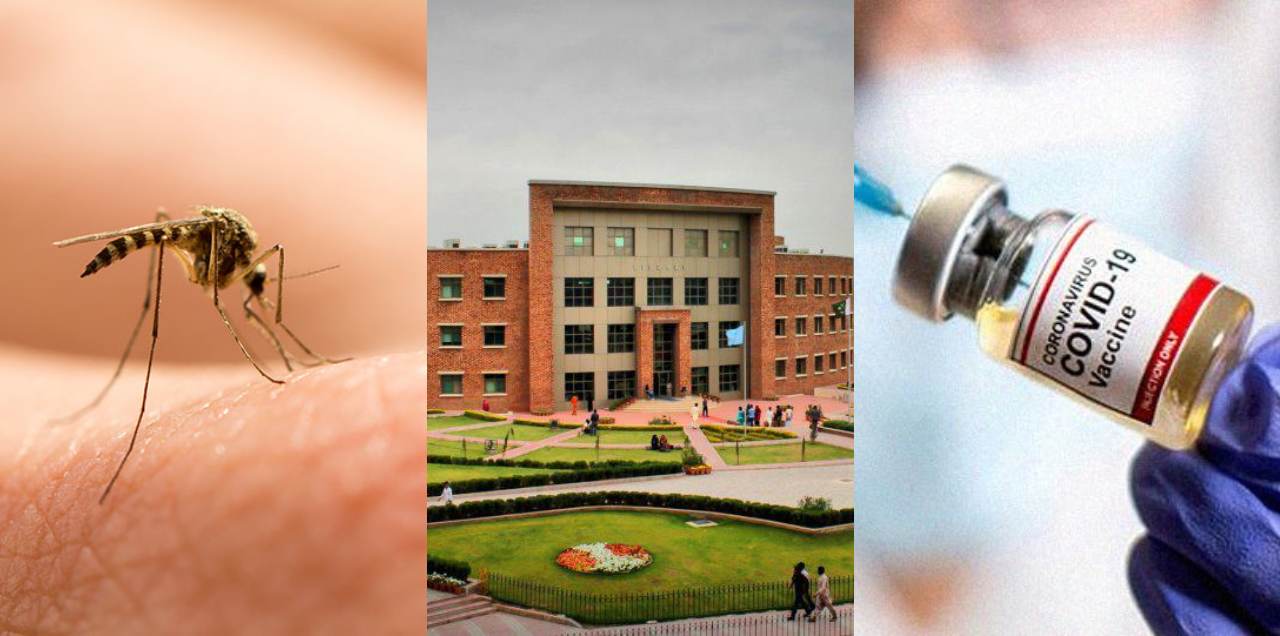Students from COMSATS University Islamabad are working on a proposal to convert flying mosquitoes into syringes that carry vaccines.
Professor Dr. Muhammad Tabassum Afzal, COMSATS University Rector, disclosed this during a session of the Senate Standing Committee for Science and Technology on Wednesday.



During the session, the rector informed the committee that students of the varsity are conducting research into flying mosquitoes in order to use them as carriers of the vaccine instead of disease.
Despite what might seem like a recent phenomenon, it is actually very old, dating back to 2011. A group of Japanese researchers conceptualized using mosquitoes as flying vaccines since mosquitoes spread diseases so quickly.
Mosquitoes inject a tiny drop of saliva when they bite us, which prevents our blood from clotting. A group of researchers injected an antigen – a compound that triggers an immune response – into the saliva mix to induce an immune response.



In this study, researchers discovered that mice that were bitten by these mosquitoes produced antibodies against the parasite. However, the mice had to be bitten, on average, at least 1500 times a day, before antibodies could be developed.
The researchers could not determine whether or not the antibodies would be effective in preventing infection, especially when applied to humans. Even though the idea seemed great, the researchers acknowledged that regulatory, ethical, and other issues will prevent the research from being viable for human use.
Researchers at COMSATS are currently working on a similar idea
“What if a vaccinating mosquito bites a human multiple times?” the committee asked the rector when he presented his idea to the Senate committee.



Dr. Tabassum was unable to provide a logical answer and suggested that the students working on the project would explain better. Though previous research into this phenomenon failed to yield a result, it would be interesting to see how COMSATS students make it work.
Twittersphere seems amused by the idea
Earlier this year, Umair Masood, a fourth-semester biotechnology student at COMSATS University Abbottabad was awarded the Young Scientist award by the international American organization Lab-Root.
Lab-Root awarded him for conducting two separate scientific investigations. He presented two research papers at the International Conference on Molecular Biology and Biochemistry in Australia. Moreover, the 13th International Conference on Tissue and Regenerative Medicine in the United States.
His study detects the disease of people suffering from hereditary diseases quickly and cheaply. This can help these people get help. His research paper, titled “Mutation Detection CRISPR-Cas9 via Microfluid Chip,” is published in the European Journal of Experimental Biology. Additionally, the second study he conducted not only helps in the treatment of hereditary diseases but also in the treatment of other diseases.
It is published in the Royal Society of Science Journal, titled “Inventor-Specific DNA Editing via Restriction”.
What do you think of this story? Let us know in the comments section below.


















